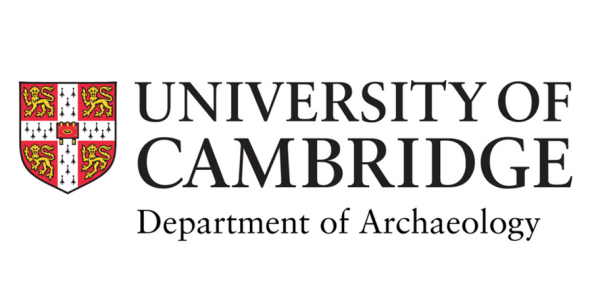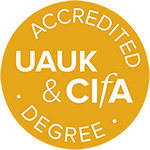
The Department of Archaeology at Cambridge University engages with humanity’s diverse past across space and time. We are acutely aware of the relationship between the past and the present, and the impact of the former on the latter. We stand in solidarity with Black Lives Matter. This statement reflects the result of extensive internal discussion and we trust that its delayed timing will be compensated by its sincerity, commitment to action and resolve to deliver.
Archaeology and its cognate disciplines have historically deep roots in colonial activities, often actively supporting the colonial project, yet also capable of challenging and undermining the very premises on which colonialism was built. Aspects of these colonial underpinnings continue to influence research, teaching and public dissemination. We recognise that archaeology must now redress this situation by decolonising its research agenda, teaching curriculum and pedagogy to ensure that it becomes anti-racist and teaches the fundamental principles of our shared humanity. Our Department must be proactive in this regard.
We recognise that archaeology at Cambridge has a complex history of engagement with these issues that needs to be critically explored and interrogated. Moving forward, we will redress this situation both within our community and in our interactions with the broader world of archaeology, nationally and internationally, as well as the wider spheres of academia and the public. We will work to foster a more inclusive, welcoming and vibrant environment for our entire community of academic and professional staff, archaeologists engaged in the development sector, visiting scholars, PhD students, Masters students and undergraduates.
We publicly commit to making concrete changes in our working environment and wider disciplines. Our first step has been to hold a Department-wide forum for all staff and students to discuss issues of racism, equality and diversity as they affect our research, teaching and the basic make-up of our community. The results of this forum are being used to produce an action plan of rolling change that will involve our entire community, so that we can work towards a fairer future in which we can all participate with pride.
We have established a new Equality and Diversity committee, which will facilitate ongoing consultation within our community and provide a stimulus for making recommendations and raising problems to the Department as a whole. We are aware, however, that committees alone are not the solution, and will work hard on how we can commit practically (including financially) and in terms of attitude and training to foster inclusivity, address inequality, increase sensitivity and effect wider cultural change, at a variety of scales from the local to the international. We will seek guidance on good practice from colleagues and institutions elsewhere that are pursuing similar goals.
At this first stage we are critically reviewing our syllabi and pedagogy, so as to bring to light archaeology’s difficult past and problematic contemporary impacts, as well as to reflect on how archaeological thought is implicated in epistemic violence against indigenous, racialised and marginalised communities. We will introduce new lectures to explicitly teach about colonialism and racism, and learn from others through invited guest lecturers. Additionally, we are reviewing the wider framing of our field activities, and the make-up of our seminar series. We recognise that more fundamental change will be possible once we have a more diverse student and staff body, and we will invest the time, energy and resources into achieving this as soon as possible. We value such diversity for the major intellectual contributions it can make and believe that these will make our disciplines more relevant to contemporary global issues.
We maintain our conviction that archaeology has an enormous amount to contribute to understanding the past, present and future of all humanity. We recognise that we must navigate a challenging path through constantly developing dialogues about diversity, whether they be about racialised or otherwise marginalised groups. We must be willing to recognise errors in the past and present, to learn from them, and to implement that learning throughout our community to help work towards a better future, while maintaining the importance of intellectually rigorous, critical and reflexive thinking throughout.
We publicly commit to doing this work over the coming weeks, months, and years. We recognise that we may make mistakes along the way, and commit to learning, responding to feedback and criticism, and working together as a Departmental community towards a truly open, anti-racist and diverse archaeology.
Department of Archaeology, University of Cambridge
November 2020


